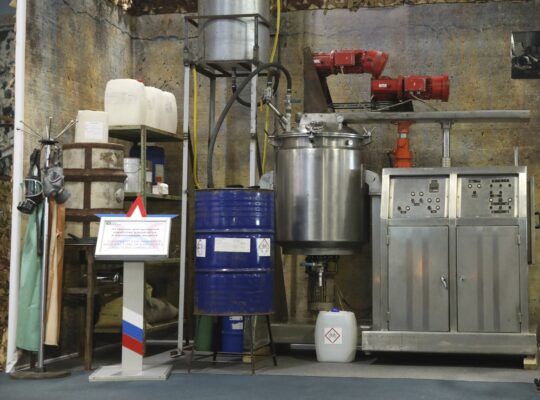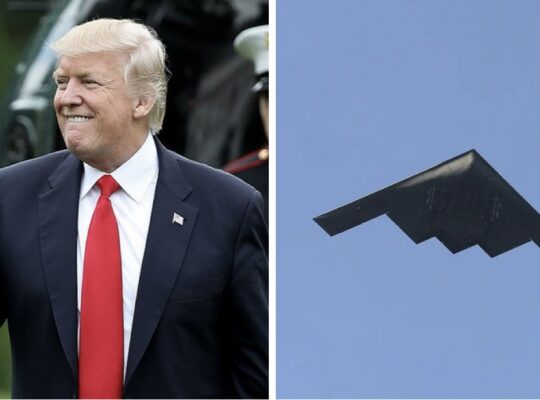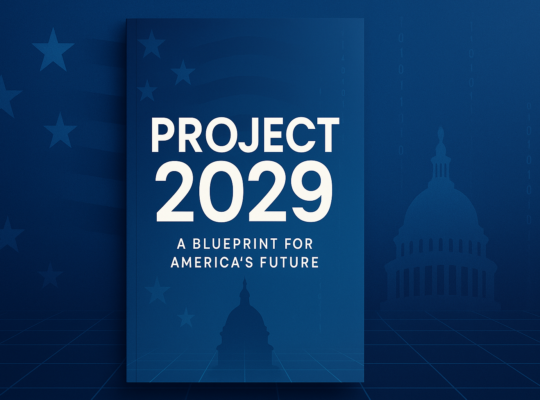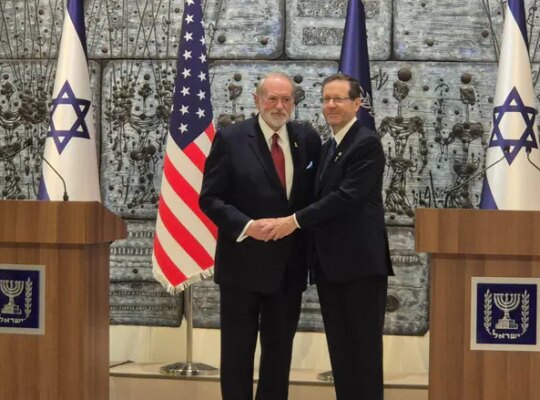President Donald Trump has dramatically intensified his trade war with Beijing by threatening to slap Chinese imports with a 245% tariff
On Tuesday, Trump signed an executive order initiating an investigation into “national security risks posed by U.S. reliance on imported processed critical minerals and their derivative products,” accompanied by documentation revealing the new potential tariff rate on China, significantly higher than the current 145%.
“What has been exposed is that we need to make products in the United States, and that we will not be held hostage by other countries, especially hostile trading nations like China, which will do everything within its power to disrespect the American people,” Trump wrote on Truth Social.
Tensions between Washington and Beijing have steadily worsened since January when Trump implemented a blanket 10% tariff on global imports. While temporarily pausing additional country-specific “reciprocal” tariffs for most nations during negotiations, Trump notably excluded China from reprieve.
Beijing responded by imposing new export controls on rare earth materials crucial for high-tech manufacturing, aerospace, and defense industries, prompting even stronger countermeasures from Washington.
“NOBODY is getting ‘off the hook’ for the unfair trade balances, and non-monetary tariff barriers, that other countries have used against us, especially not China which, by far, treats us the worst!” Trump wrote.
Chinese foreign ministry spokesperson Lin Jian pushed back on Wednesday, accusing the Trump administration of threatening the global economy.
“This tariff war was initiated by the United States, and China’s necessary countermeasures are to safeguard its legitimate rights and interests and international fairness and justice, which are completely reasonable and lawful,” Jian said during a press briefing aired on China News Network.
“There is no winner in tariff wars and trade wars, and China does not want to fight, but it is by no means afraid to fight.”
Beijing also appointed Li Chenggang as its new lead trade negotiator on Wednesday. Chenggang previously served as China’s ambassador to the World Trade Organization who, according to Chinese media, supports free trade.
Meanwhile, growing trade hostilities between the two largest superpowers have unsettled global markets amid fears of broader economic damage. American businesses face potentially disrupted supply chains and increased costs, while Chinese exporters risk losing access to their largest foreign market.
Source link












